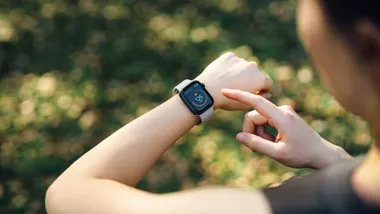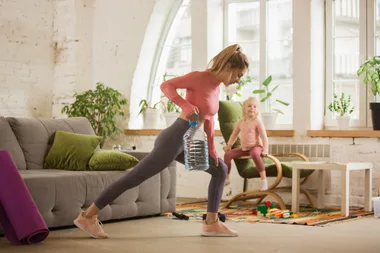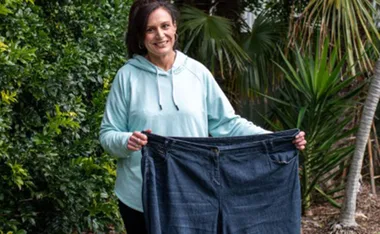Regular exercise is one of the single most important things that you can do for your health. Being active reduces your risk of heart problems and stroke, cancer, sleep issues, osteoporosis, chronic pain, dementia, depression, obesity, type 2 diabetes and unhappiness, to name just a few benefits. So why are more and more Australians becoming less and less active?
We live in a world that is increasingly sedentary. We get around in trains, planes and automobiles, sit for long hours at work stations, and recreate and entertain ourselves along with our children sitting on ever-widening seats. Recent research shows that two hours a day of TV watching increases your risk of obesity by 23 percent and diabetes by 17 percent. On the other hand, just one hour a day of brisk walking decreases your risk of obesity by 34 percent and diabetes by 24 percent.
So what is stopping us from being active? Some of the factors are known. We know you’re less likely to be active if you are a woman. We also know that as you age beyond your twenties, your activity level drops dramatically (for example, 60 percent of 18- to 30-year-olds are active but only 40 percent of people older than 30 are active). Education level is also important — the higher your education, the more likely you are to be active.
There are a lot of myths about physical activity. Here are a few exercise myths exploded:
“I know it’s important but I don’t have the time.” This is probably the most common myth about physical activity. Put another way, you’re saying exercise is important, but not important enough to actually do it. A reality check that proves this is a myth is: even the busiest people in the world find time to exercise, including our very own Prime Minister.
“I can’t find time to go for a 30-minute walk.” That’s okay, studies show you only need to “accumulate” roughly 30 minutes of activity a day to have benefits. You can make up your 30 minutes in smaller packets of time over the day.
“Not exercising is normal these days so I’m normal.” Physical inactivity may have become a population norm for Australians but it is not normal for your body which relies on regular movement to maintain health. Lack of daily activity puts you on the road to disrepair and places your health at risk.
“Strength training will make me look like a man.” This myth is expressed by women. In fact, resistance training helps to maintain the health of your bones and joints, which decreases the risk of osteoporosis and cultivates posture. It also retains lean body mass (muscles), which helps to sustain metabolism and manage weight.
“If I exercise, I can take it easy for the rest of the day and eat what I want.” Unfortunately, unless you are training for hours every day, this is not true. In fact, studies show that some people who take up regular exercise become fatter. The reason is not because of the exercise but what they do when they’re not exercising, which is to spend more time on the sofa and eat more high-kilojoule snacks. In other words, it is easy to undo the benefits of exercise if you are not careful.
“If I don’t lose weight it’s been a waste of time.” Wrong! Remember that regular physical activity is one of the single most important things you can do for your health, regardless of whether you lose weight or not. The benefits go beyond reducing your risk of illness. Regular physical activity raises your quality of life and increases and improves mental health and happiness.
If you are thinking of becoming more active, it’s a good idea. Remember the Greek proverb, “The first step is half the journey”.











